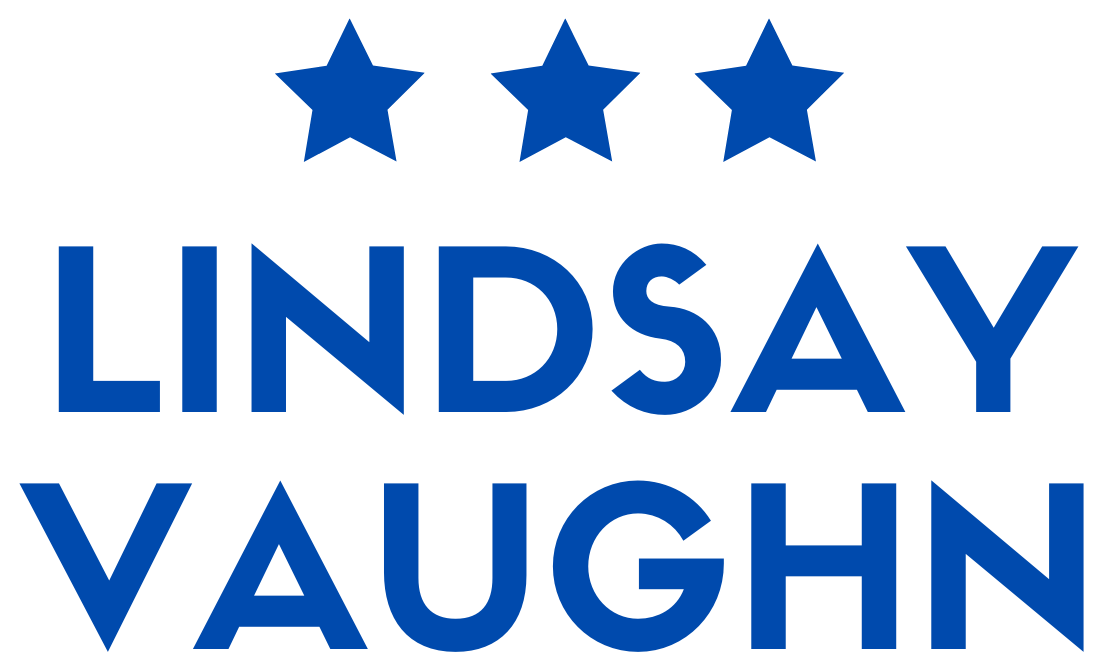
Priorities
I am running for State Representative because I care deeply about Overland Park where I was born and raised. My experience has shown me the importance and impact of local leadership. Through being a precinct committeeperson, participating in local government, and engaging with my community, I have learned that we can create real change by connecting with each other around the issues we care about most. Together, we will ensure all Kansans have a brighter future.
-
Kansans have always relied upon the land for our livelihoods and way of life. It is essential that we are good stewards of the earth to protect our environment for future generations and begin to reverse the effects of climate change. Kansas is currently the number two state in the country for wind energy production, and we have the resources and infrastructure to do even more. Lindsay believes we need to invest in more wind and solar energy, expand electric vehicle charging stations, promote better soil health practices, and implement climate-resilient solutions, such as those outlined in Climate Action KC’s Policy Playbook.
-
As a proud product of Blue Valley Schools, Lindsay knows first-hand the value of our high-quality public education system. In 2019, our legislature finally restored school funding to constitutional levels. Unfortunately, this does not undo the consequences of a long history of underfunding, and there are still those in the legislature that would like to roll back the progress we have made. Lindsay believes our students and teachers deserve the best. We need to invest in all levels of education, from early childhood and special education through higher education and job training, as well as increase teacher pay and restore due process for teachers.
-
Lindsay’s generation has experienced the most mass gun violence of any generation; however, Kansas legislators continue to act in opposition to addressing this public health crisis. We need to have laws in place to make owning a gun safer and to reduce the number of gun injuries and deaths, while also supporting hunting and target shooting in Kansas. We can do this by implementing common-sense gun reforms, like: training, background checks, longer waiting periods, and red-flag laws.
-
Kansas’ minimum wage has been stagnant since 2009, while the cost of living has skyrocketed. $7.25 does not reflect the realities of today’s society. Additionally, surrounding states like Missouri have increased their minimum wages, putting Kansas at a competitive disadvantage. Lindsay believes we should raise the minimum wage to $15/hour, so that Kansas workers receive a wage with dignity and we can begin to reverse decades of growing pay inequality.
-
Right now, LGBTQ+ Kansans can be fired, denied housing, or refused public accommodations for being their authentic selves.This is wrong and goes against the precedent established by the United States Supreme Court. We need to update our state non-discrimination laws to add protections for gender identity and sexual orientation.
-
Lindsay believes it is more important than ever that all Kansans have access to quality, affordable healthcare. The next step toward achieving this in Kansas is expanding Medicaid. Expansion would ensure that another 150,000 Kansans have access to critical healthcare services and would help save rural hospitals. The state legislature has already forfeited an estimated $3 billion in federal funds that could have been used to save lives. Medicaid expansion is long overdue and the time to act is now.
-
We must address the systemic racism that pervades in our society, beginning with comprehensive criminal justice reform. Across the country and Kansas, significant racial disparities exist within multiple types of law enforcement and community interactions, including police-initiated contact, use of force, and rates of arrest. To promote racial equity and improve law enforcement in Kansas we need to: increase transparency around police disciplinary records; increase the use of Mental Health First Aid Training and Crisis Intervention Training; implement accountability courts that provide prison alternatives for non-violent or mentally ill offenders; and improve reentry services to decrease recidivism rates.
-
The reproductive rights of Kansans are consistently jeopardized in the state legislature despite a majority of Kansans supporting access to abortion, as proven by the failure of the recent consitutional amendment. We must continue to stand up against injustices surrounding reproductive rights and ensure that women maintain the ability to make private healthcare decisions free from governmental interference.
-
The lower and middle classes are the engine of our economy, and when we have economic policies that empower these groups by reducing regressive taxes, everyone benefits. Governor Brownback’s failed tax experiment shifted the tax burden to those with the least to spare. We need to continue to fight for economic policies that are fair, fiscally responsible, and sustainable by returning to a three-legged-stool approach that sensibly balances income, sales, and property taxes.
-
Because of Kris Kobach, Kansas is known for voter suppression. This era must end. Voting is a constitutionally-guaranteed right. All Kansas citizens should be able to easily and legally exercise their civic duty. We need to make our elections accessible and secure by enacting same day voter registration, expanding opportunities for in-person early voting and advance voting, and increasing voter education efforts.
-
The Ogallala aquifer, which supplies water to farmers and towns across western Kansas, is rapidly depleting. At current rates of extraction, some areas of the aquifer only have 10-30 years of usable life remaining, while others are already depleted. At the same time, reservoirs in eastern Kansas are filling up with sediment, impairing our ability to supply water to municipalities and mitigate extreme weather events. To better manage and protect this precious resource, Lindsay believes we need to raise the profile of water in Kansas, invest more in water programs, technologies, and education, increase opportunities for citizen engagement, and implement multifaceted conservation plans in areas where groundwater is running out.

